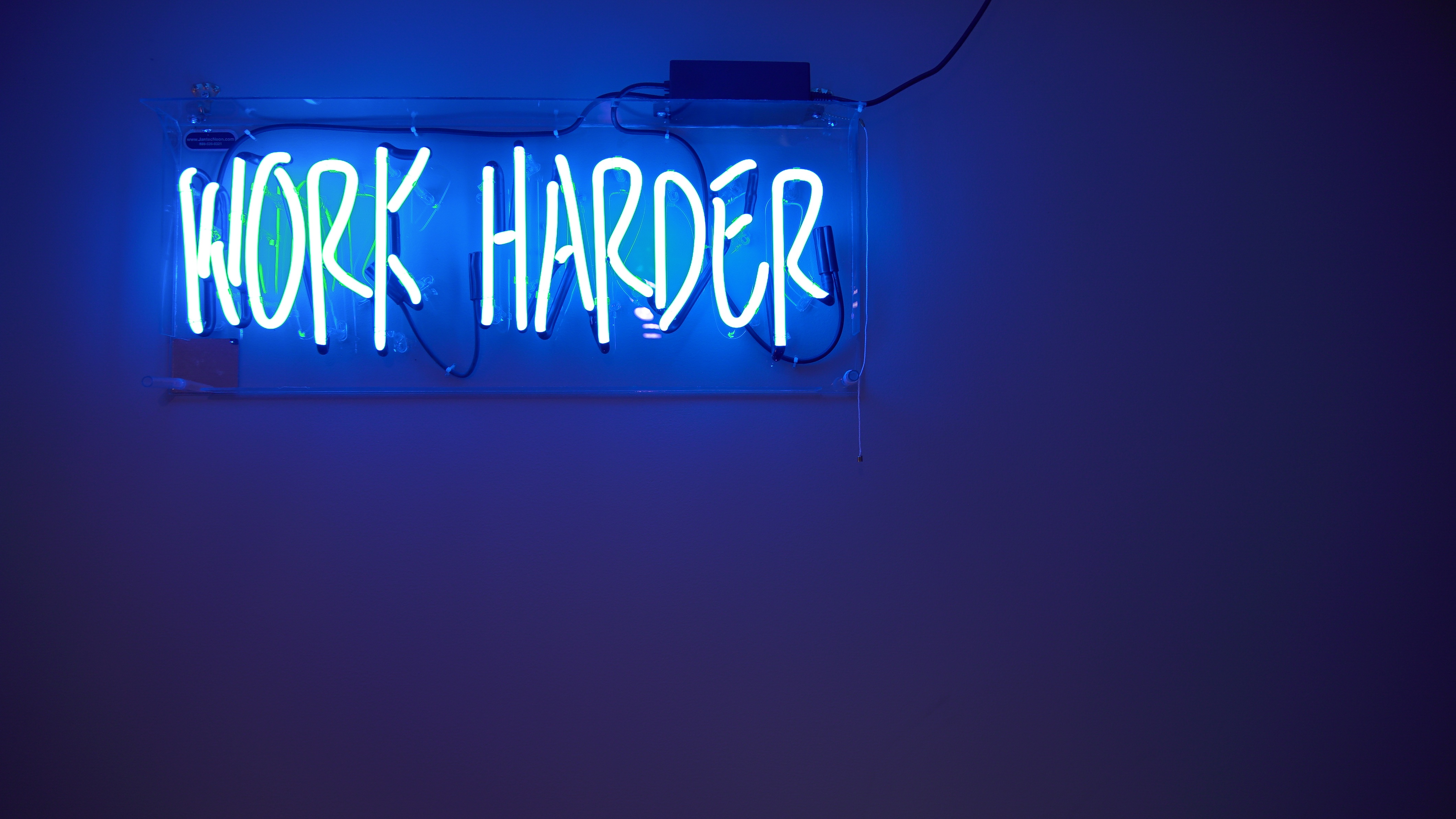On work, learning and upsides

The other day I was poking at my computer and someone asked me whether I was working or learning. I answered both.
It is the ideal. If you just work with no or minimal learning you will be left by the side of the road and become obsolete.
Jason Fried wrote an article on why "picking up lettuce on the hot sun is much more difficult" than you and I's job where the main requirements are a computer and a lovely wifi.
I somewhat disagree. There are different barometers to measure from. For every job there is some kind of "following a map" (specific instructions) barometer. The less of it, the more likely your work is proportionally creative.
If I was picking lettuce for two consecutive days. I will probably be more effective on the second day because of some learning effects.
But let's say now that I do the job for a week. Most likely I wouldn't be so far off in skills and effectiveness from a guy/gal who's been doing it for 30 years.
So the upside potential for doing the job of "picking up lettuce" is almost nonexistent or negligible.

On a complexity paradigm rather than "physical unpleasantness", programming is much more difficult than "lettuce picking" as the potential to learn and upsides are massive.
Historically, people who ventured out of the status quo and got successful (though rarely), have been greatly rewarded sometimes in extreme cases (Bill Gates, ...).
The main reason is that they were able to come up with their own map and followed it at the risk of seeming arrogant or stupid.
Pick anyone with the physical ability and they will be effective at lettuce picking in a few bit.

So the barometers we could look at is:
- learning
- upside potential
It seems that we, human beings, are super scared of the void, the blank canvas, the blank screen. (For fun: tell me about your experience trying to exit vim for the first time).
We are constantly looking for a map. That's why there is so much premium on creative work.
The more you learn, the more you can combine different fields, tasks, approaches, theories in creative ways.
So if one is unfortunate to only have "picking lettuce" at the age of 15 in order to survive. If he/she only sticks and doesn't worry about anything else, he/she will have a pretty hard time to learn or do creative work.
The same applies if you are a store clerk and after work you binge on movies and junk food. Your upside is almost zero. In some countries you could have some chance to pick yourself back up in others you are just doomed.

In this sense, luck has a pretty significant effect. If you got born in a developed country with good parents who really cared about your education you have pretty good chances of having some significant upsides. If you get unlucky with no privileges of going to school and forced to work some mundane jobs. It is not your fault if you are stuck but must do whatever you can to give yourself some upsides in the future, even if it's in the degree of 0.001. It will compound over time, don't neglect it.
Growing up, there is a chance you get bitter and realize how fucked and the whole thing is. But the advice, though harsh is a good one:
Play with the cards you got dealt.

For instance, I was recently at a hostel where the housekeeper was constantly on an app that translates English to Thai. Every single time she asked me a question on how to say a word. I slammed my laptop down and gave her my full attention. I regarded her efforts highly. What most people would do in that situation is to twiddle their thumbs on Facebook or Instagram.
Not doing what we all have to do: learn whenever we're given a time to breath.
Whenever we have time to explore whatever we want, that's a massive privilege. If you are genuinely interested in something you will learn faster than anyone doing as part of their job.
A good point Jason made is by aiming to do a hard job, we are aiming at doing meaningful work.
But "meaningful" is a funny adjective. Is you and I being alive and working "meaningful". Maybe yes or no, based on what map we're following. But at the end of the day, the more you learn, the more you give yourself some upsides and you can only do that to the extent you are genuinely interested in something.
In that sense, aiming only at a "hard job" and ignoring anything else is just ludicrous.
Another thing, is that learning should be part of your daily agenda. Waiting for an opportunity or test to cram is a failing strategy.
Go out there, learn and give yourself some upsides.